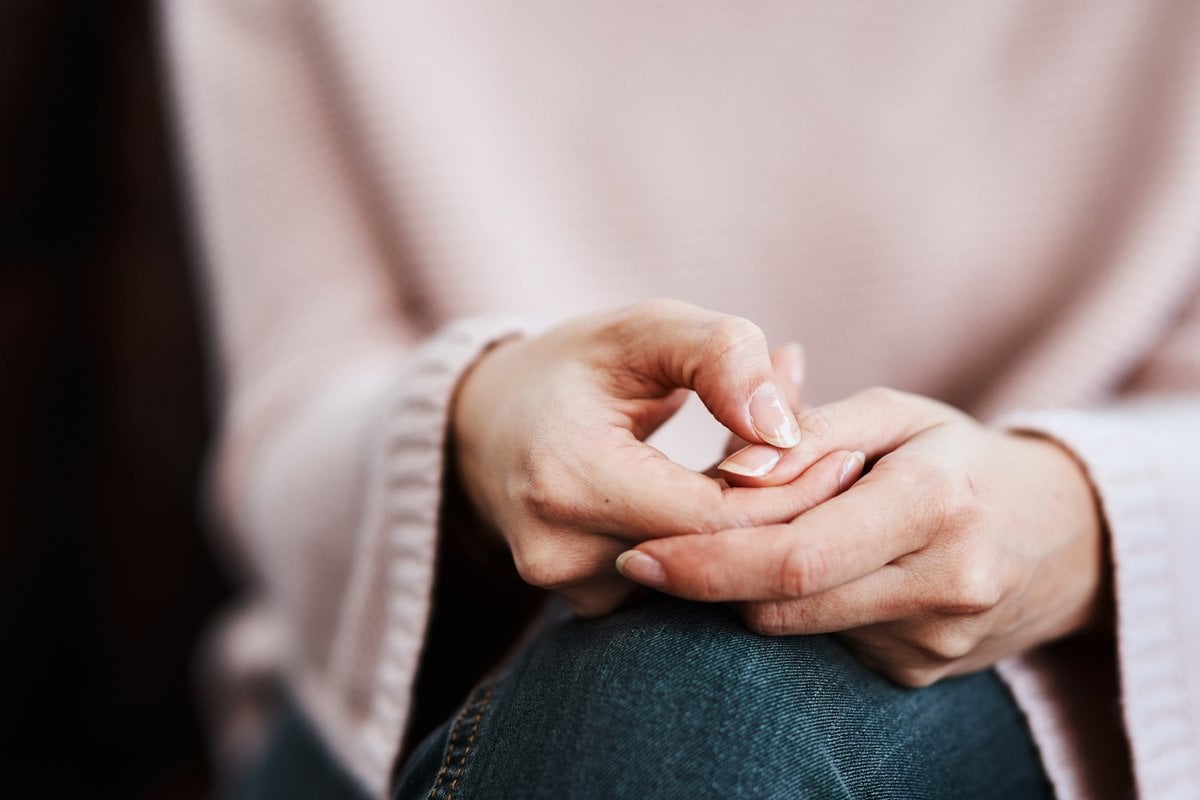
I wake this morning once again to grey skies and gale-force winds and groan. I struggle to want to get out of bed. I struggle with this more often than I admit these days - having to be an adult; to be responsible for others.
I wonder if it’s burnout, the type all parents get at one point or another on this parenting journey.
But I know it runs deeper than that, more intrinsic to my core, and I recognise it as an urge to regress - to selfishly adopt the characteristics of an unencumbered teen, to be irresponsible and careless and to just not have to be the responsible one for once in my life, goddammit.
Side note: How to spot and combat burnout. Post continues below.
This feeling of wanting to regress is normal for people like me - people who have grown up with an alcoholic parent.
Forced into the role of the responsible adult at a young age, those of us who grew up with an alcoholic parent missed out on our childhood, often our teen years also; the linear progression of normal development skewed.


Top Comments